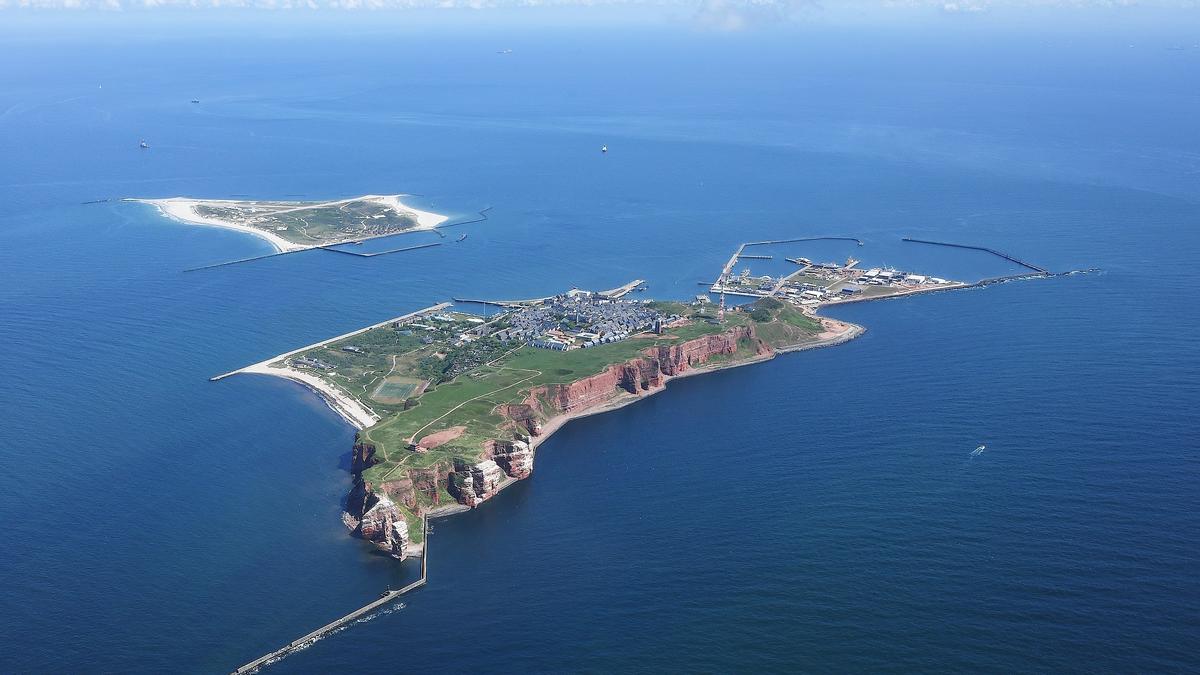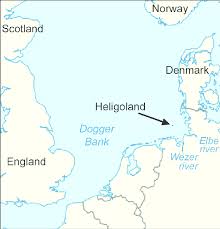



Helgoland, a small German island in the North Sea, is considered the birthplace of quantum theory. In 1925, Werner Heisenberg developed matrix mechanics there, abandoning the idea of electron orbits for experimental data, leading to equations perfectly matching hydrogen atoms and paving the way for modern quantum technologies.

Copyright infringement not intended
Picture Courtesy: THE HINDU
Helgoland, a German island, is renowned as the birthplace of quantum theory.
It is a small island characterised by its red-sandstone cliffs, which rises from the German Bay (Deutsche Bucht) within the North Sea, located about 50 kilometers off Germany’s coast.
The island historically served as a naval fortress, a military stronghold. Later, people visited it as a holiday spot.
 Copyright infringement not intended
Copyright infringement not intended
Helgoland achieved fame as the birthplace of quantum theory, a fundamental branch of modern physics. It became a key location in June 1925 when a young physicist made a discovery there.
Werner Heisenberg was a 23-year-old physicist. He suffered badly from hay fever in Göttingen, where he was working. To find relief from his allergies and to get a quiet place where he could think deeply about his physics problems, he decided to flee to Helgoland.
To keep track of the experimental numbers, Heisenberg organized them into grids, which mathematicians call "matrices." When he worked with these matrices and multiplied them, he discovered the order in which he multiplied them mattered. This allowed him to create new equations. Heisenberg created the first complete version of quantum mechanics, which scientists later called "matrix mechanics."
Soon after his discovery, other physicists worked on his ideas. These discoveries directly led to the development of many technologies that shape our modern world today. For example; Lasers (used in everything from DVD players to medical surgery), semiconductors (the fundamental building blocks of all computers, smartphones, and electronic devices), and advanced medical imaging equipment all owe their existence to quantum mechanics.
Source:
|
PRACTICE QUESTION Q. Helgoland is frequently seen in the news, it is located off the coast of which country? A) Denmark B) Germany C) Netherlands D) Belgium Answer: B Explanation: Helgoland is a speck of red-sandstone cliffs rising from the North Sea about 50 km off of Germany’s coast. |






© 2026 iasgyan. All right reserved